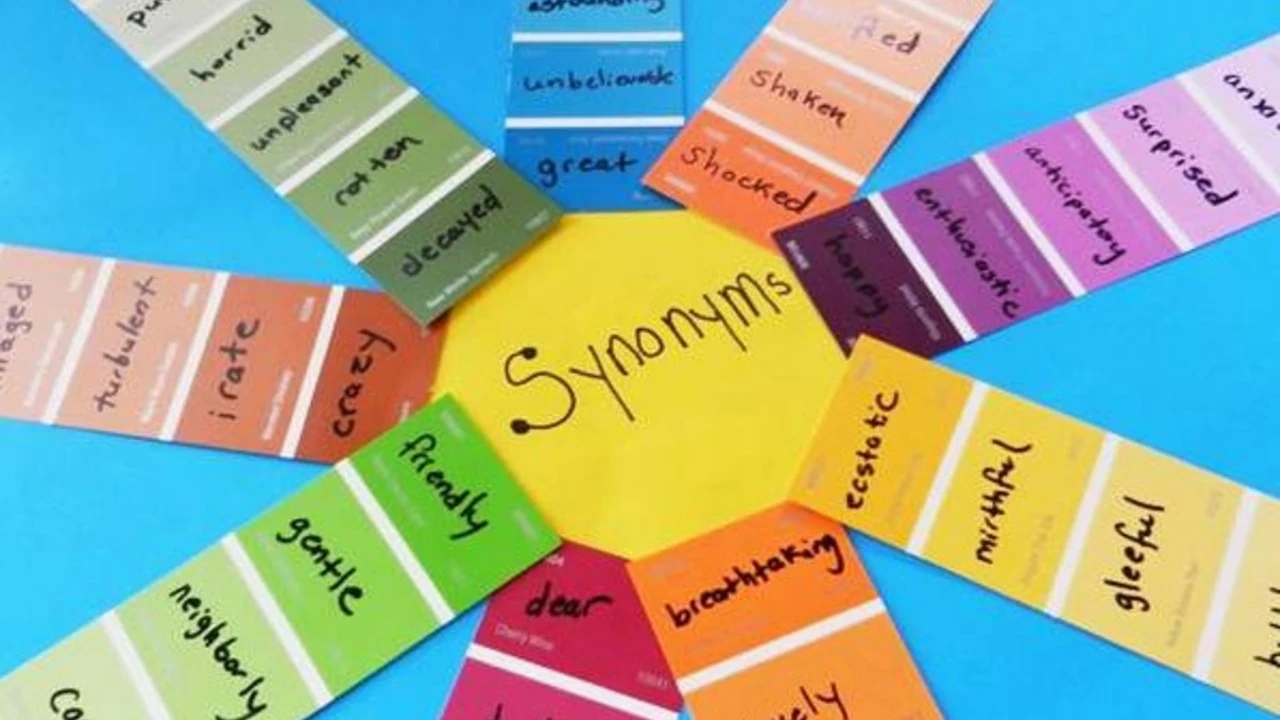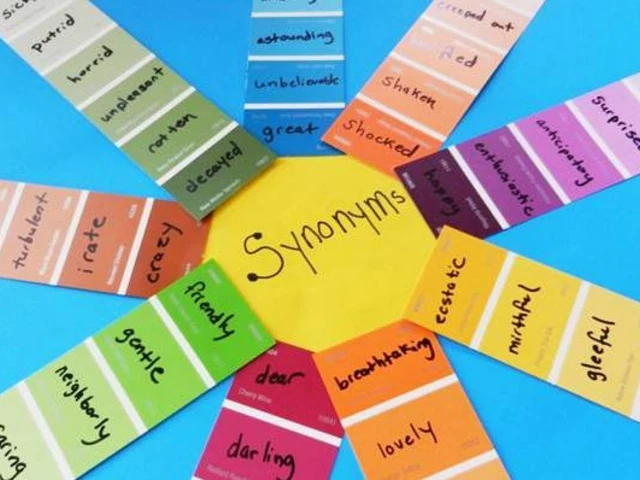English Language Tips and Resources for Every Learner
If you’re looking to sharpen your English, you’ve landed in the right spot. We break down the most useful tricks, from basic grammar hacks to ways you can practice speaking without feeling awkward. No fluff, just real steps you can try today.
Quick Grammar Fixes You Can Use Right Now
Grammar can feel like a maze, but a few simple rules clear up most mistakes. Start with subject‑verb agreement: when the subject is singular, the verb stays singular (e.g., "She runs"); when it’s plural, the verb follows suit ("They run"). Next, watch out for commas after introductory phrases – a short pause helps the reader follow your thought. Lastly, keep verb tense consistent within a paragraph; jumping from past to present confuses the story.
Build Vocabulary Without the Dictionary Blues
Learning new words doesn’t have to mean endless flashcards. Pick a topic you love – sports, movies, cooking – and read a short article or watch a video about it. Write down three words you don’t know, look them up, and use each in a sentence about your own life. Repeating the process a few times a week adds fresh words to your toolbox while keeping the learning fun.
Speaking practice is often the hardest part, but technology makes it easy. Record yourself describing your day, then play it back and note any parts that sound stiff or unclear. Swap recordings with a friend who’s also learning; give each other quick feedback. Even talking to yourself in the mirror helps you hear how words flow together.
Writing doesn’t have to be an essay every time. Start a daily journal entry of just two sentences. Focus on using new vocabulary and the grammar rules you’ve reviewed. Over time you’ll see patterns in your mistakes and can fix them before they become habits.
Reading is another powerful tool. Choose books that match your level – graded readers for beginners, popular novels for intermediate learners. When you hit a tricky sentence, break it down: identify the subject, verb, and any modifiers. This habit sharpens both comprehension and your own writing style.
Don’t forget to keep an eye on current language trends. Social media platforms often showcase slang and informal phrases that eventually enter everyday speech. Listening to podcasts or watching YouTube channels that discuss language can give you a sense of how English evolves.
Finally, set small, measurable goals. Instead of “learn English better,” aim for “use three new words in a conversation this week.” Specific targets keep motivation high and make progress easy to track.
With these straightforward strategies, you can boost your English skills without feeling overwhelmed. Keep practicing, stay curious, and watch your confidence grow one sentence at a time.
Oh boy, you're in for a treat! We're about to dive into the world of language and explore some neat alternatives to the word 'belong'. A quick peek into the treasure box of the English language reveals gems like 'pertain', 'fit', 'attach', 'relate' and 'connect'. Now, you're probably thinking, "Wow! I didn't know I had so many options", and you're right! So, the next time you're writing and you feel like 'belong' has overstayed its welcome, don't hesitate to invite one of its cousins over!
READ MORE





